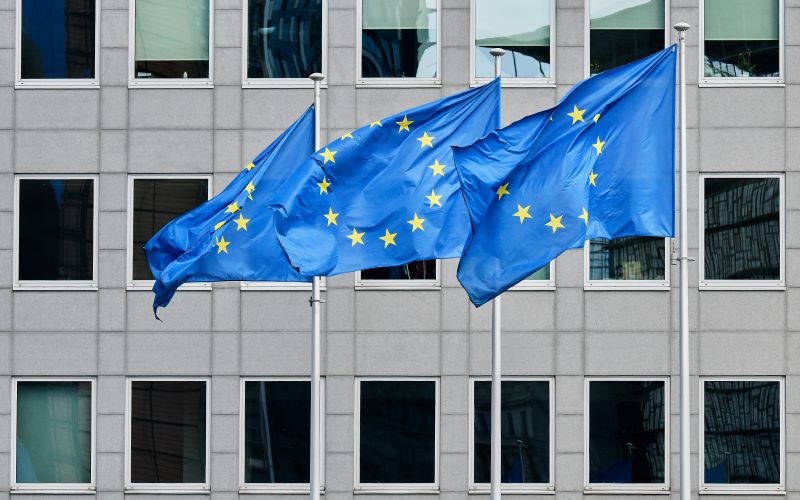The European Commission has proposed a legally binding climate target for 2040 that, for the first time, allows EU member states to meet a portion of their emissions reductions using carbon credits from developing nations.
Under the new proposal, the European Union would reduce net greenhouse gas emissions by 90% from 1990 levels by 2040, maintaining momentum toward its 2050 net-zero goal. The move comes amid pressure from several member states—including France, Germany, Italy, Poland, and the Czech Republic—to ease the burden on domestic industries.
Up to 3% of the 2040 target could be met using carbon credits acquired through a UN-backed international market, starting from 2036. Legislation to define quality standards and governance mechanisms for these credits is expected in 2026.
EU Climate Commissioner Wopke Hoekstra acknowledged the political challenges in reaching consensus but said the target provides long-term clarity for investment and aligns with economic and geopolitical interests. “It is about protecting our people from extreme weather events,” Hoekstra stated.
Europe is the fastest-warming continent, and this week’s heatwave has triggered wildfires and disruptions across the region. However, the EU’s climate leadership continues to spark tensions among member states, some of whom argue that higher energy costs and international trade pressures make tighter emissions controls unfeasible.
The Commission’s proposal includes flexibility on sectoral contributions. For example, if carbon uptake from forests falls short, a country could compensate with more aggressive cuts in road transport emissions.
Critics, including the EU’s own climate advisory body and environmental groups such as Friends of the Earth, warn that relying on international carbon credits could undermine domestic efforts and shift investment away from European industries. “Carbon credits have a long record of failure and ultimately do not stop Europe emitting more than its fair share,” said Colin Roche, the group’s climate justice coordinator.
German Environment Minister Carsten Schneider welcomed the target as a positive signal to other major economies, suggesting it could influence countries such as China, India, and Brazil.
The proposed 2040 target will require approval from EU member states and the European Parliament. The EU is also expected to submit a 2035 target to the UN by mid-September, which is likely to be derived from the 2040 framework.





















